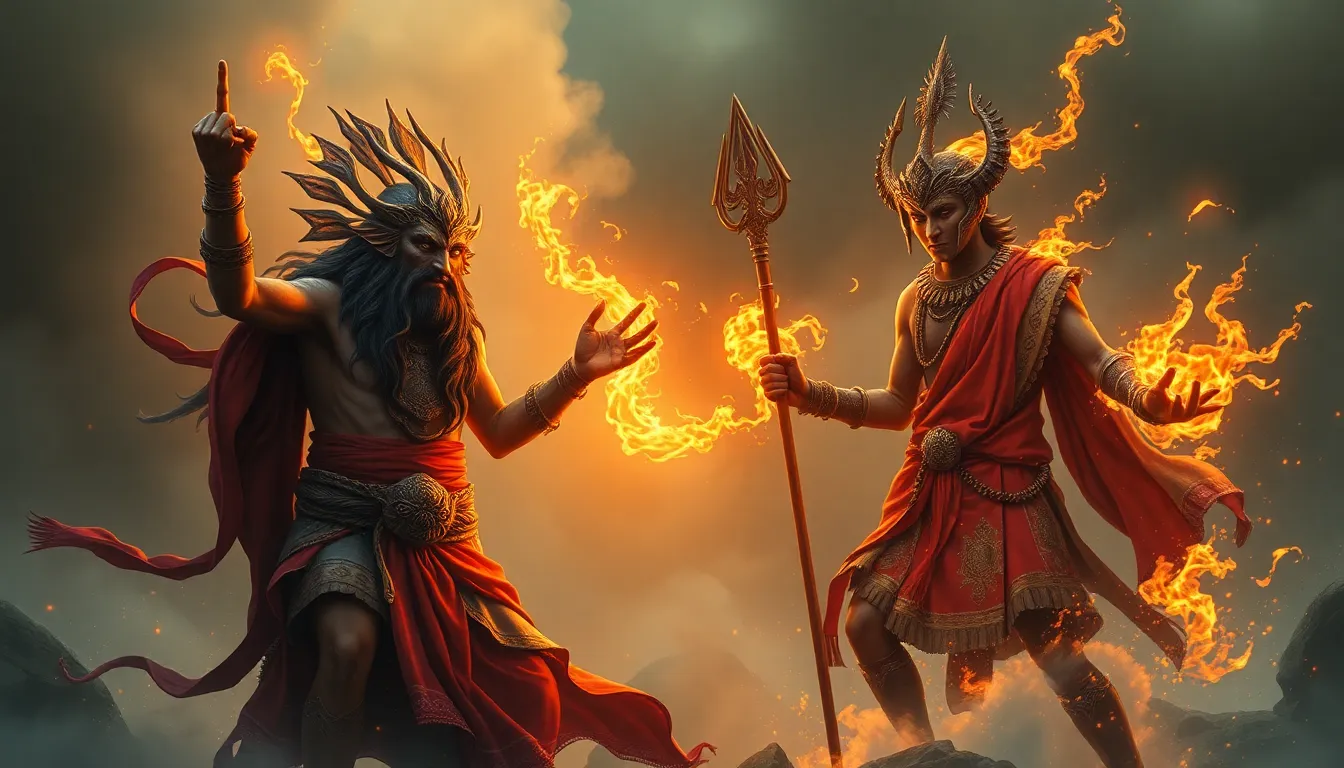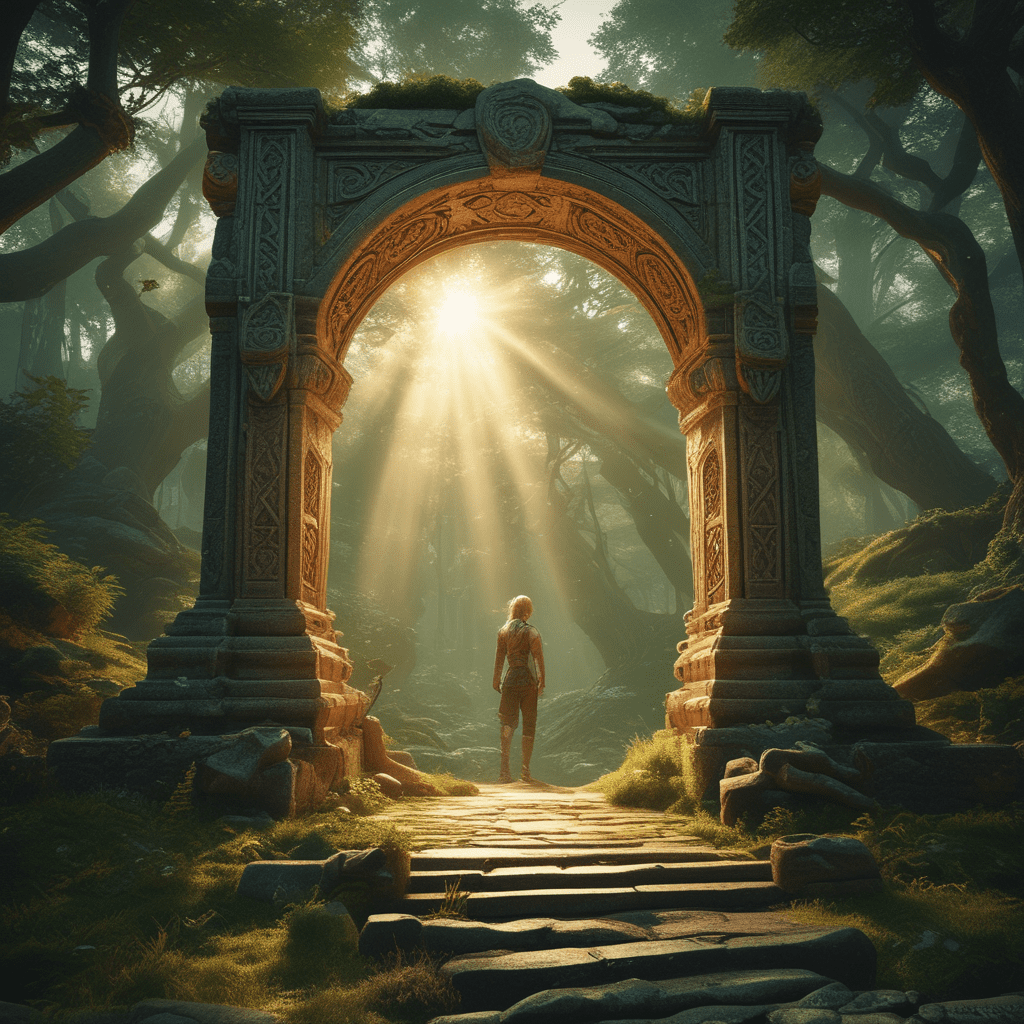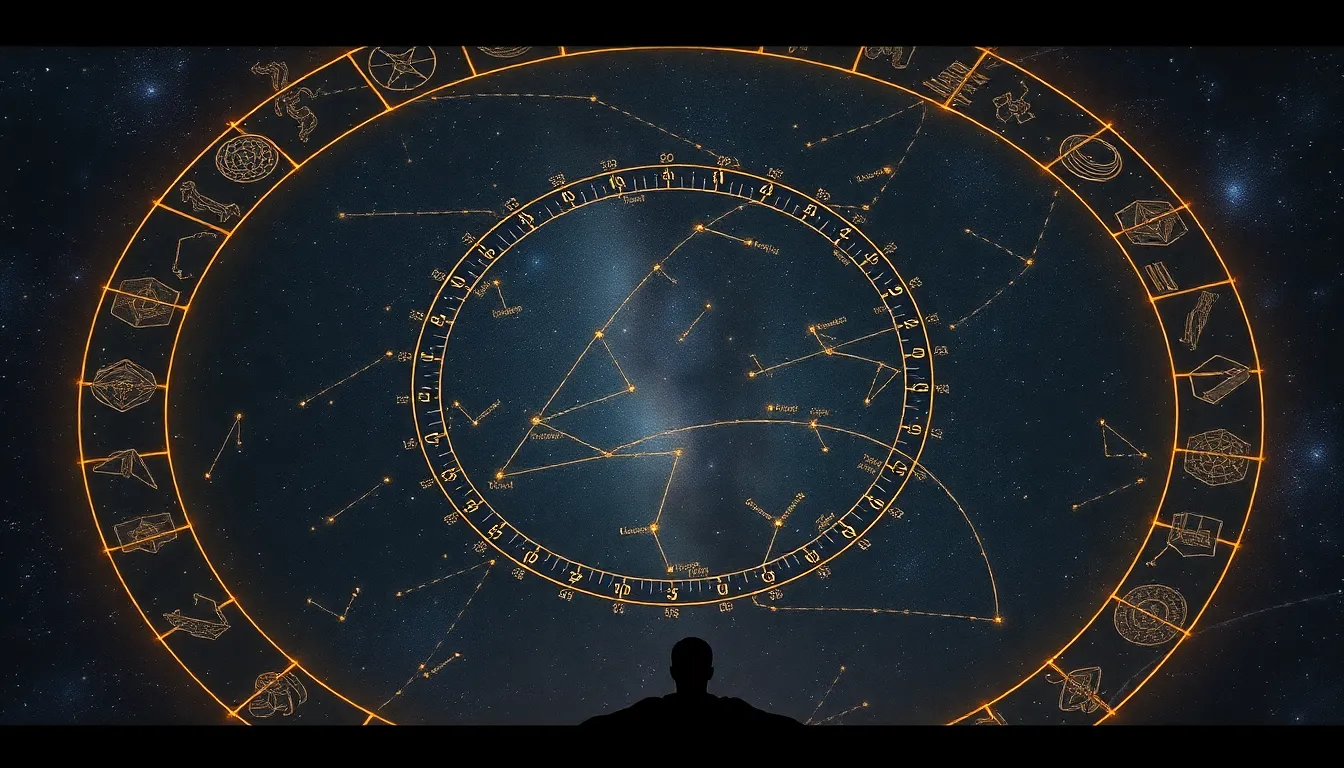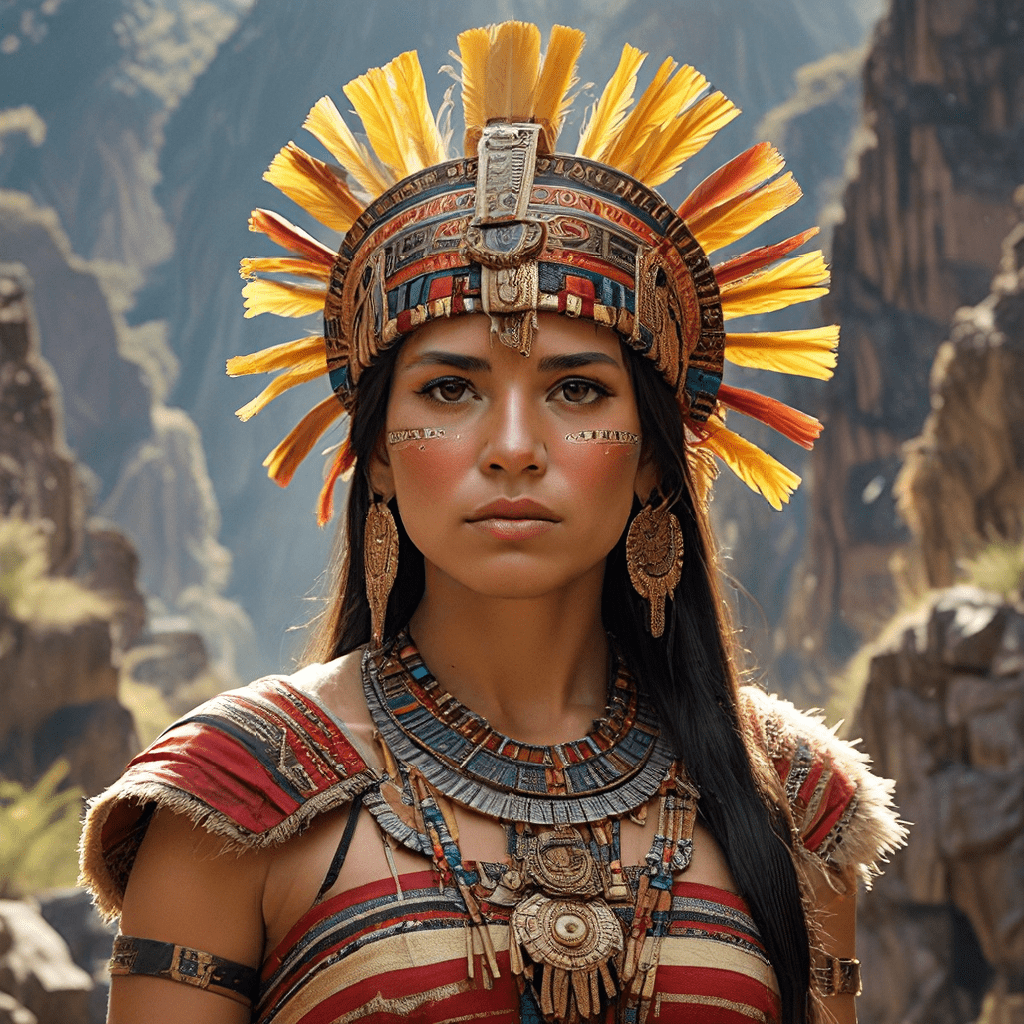The Transformative Nature of Cultural Heroes in Mythology
I. Introduction
Cultural heroes are figures who embody the values and ideals of a particular society, often serving as role models for individuals within that culture. These heroes emerge from mythology, a rich tapestry of stories that not only entertain but also instruct and shape cultural narratives. The transformative nature of cultural heroes is evident in how they inspire change, foster unity, and challenge societal norms across various cultures.
II. The Role of Cultural Heroes in Society
Cultural heroes play multifaceted roles within their respective mythologies, serving essential functions that help to maintain social order and identity.
A. Functions of heroes in mythology
- Moral exemplars: Heroes often exemplify the moral values of their culture, providing a standard for others to aspire to.
- Social cohesion and identity: Heroes can unify people by representing shared ideals and collective struggles, reinforcing a sense of belonging.
B. Comparison of cultural heroes across different civilizations
Across civilizations, cultural heroes manifest unique traits and narratives:
- Western mythology: Figures like Hercules and King Arthur represent strength, bravery, and leadership, often embarking on epic quests.
- Eastern mythology: Heroes such as Sun Wukong and Rama embody wisdom, cunning, and moral righteousness, frequently engaging in battles against evil forces.
III. Archetypal Patterns of Transformation
One of the most influential frameworks for understanding hero narratives is Joseph Campbell’s concept of the Hero’s Journey, which outlines the stages through which a hero transforms.
A. Joseph Campbell’s Hero’s Journey framework
Campbell identified a universal pattern in myths, which includes several stages that heroes commonly traverse.
B. Stages of transformation in hero narratives
- Call to adventure: The hero receives a challenge or quest that disrupts their ordinary world.
- Trials and tribulations: The hero faces obstacles and tests that promote personal growth and development.
- Return and reintegration: After overcoming challenges, the hero returns transformed, often bringing knowledge or benefits to their community.
IV. The Psychological Impact of Cultural Heroes
Cultural heroes also resonate deeply on a psychological level, influencing both individual identities and societal dynamics.
A. Carl Jung’s concept of the archetype
Jung proposed that archetypes, including cultural heroes, exist within the collective unconscious, representing universal human experiences and aspirations.
B. Heroes as reflections of collective unconscious
These heroes often mirror the values, fears, and desires of their culture, serving as a bridge between the individual and collective identity.
C. The role of heroes in personal and societal transformation
By identifying with cultural heroes, individuals can find guidance and motivation for personal change, while societies can harness these narratives to inspire collective action.
V. Cultural Heroes as Agents of Change
Some heroes transcend their narrative roles to become symbols of change, challenging existing societal norms and inspiring reform.
A. Examples of heroes who challenged societal norms
- Prometheus: In Greek mythology, Prometheus defied the gods by bringing fire to humanity, symbolizing the quest for knowledge and the struggle against oppression.
- Mulan: In Chinese folklore, Mulan disguises herself as a man to take her father’s place in battle, challenging gender norms and showcasing bravery and sacrifice.
B. The impact of these heroes on cultural evolution
These heroes often catalyze significant shifts in cultural attitudes, encouraging societies to reconsider their values and beliefs.
VI. The Intersection of Mythology and Modernity
As cultures evolve, so too do the representations of their heroes, reflecting contemporary values and societal issues.
A. Contemporary representations of cultural heroes
Modern media often reinterprets traditional heroes, infusing them with contemporary relevance.
B. The relevance of ancient heroes in today’s societal issues
Issues such as social justice, equality, and environmentalism are often framed through the lens of heroic narratives, connecting past and present struggles.
C. How modern heroes reflect or diverge from traditional archetypes
While some modern heroes adhere to traditional archetypes, others subvert them, reflecting changes in societal expectations and norms.
VII. The Gender Dynamics of Cultural Heroes
The portrayal of gender in hero narratives has evolved significantly, with implications for societal gender roles.
A. Examination of male versus female heroes in various mythologies
Traditionally, male heroes dominated mythologies, embodying strength and bravery, while female heroes often played supporting roles.
B. The evolution of female heroes and their impact on gender roles
As female heroes gain prominence, they challenge stereotypes and redefine what it means to be a hero.
C. Case studies: Athena, Wonder Woman, and others
- Athena: The Greek goddess of wisdom and warfare, who embodies strategic thinking and strength.
- Wonder Woman: A modern superhero who represents female empowerment and equality.
VIII. Cultural Heroes in the Age of Globalization
In a globalized world, cultural narratives blend, creating new hybrid heroes that transcend traditional boundaries.
A. The blending of cultural narratives in a globalized world
Global connectivity allows for the sharing and merging of diverse mythologies, leading to the emergence of cross-cultural hero figures.
B. Cross-cultural hero figures and their transformative impact
These heroes can address global issues, promoting unity and understanding across cultures.
C. The preservation of cultural identity through hero myths
Despite globalization, cultural heroes remain vital in preserving unique cultural identities and histories.
IX. Critiques of Cultural Hero Narratives
While cultural heroes play significant roles, there are critiques regarding their portrayal and the implications of idolizing them.
A. The dangers of idolizing cultural heroes
Idolization can lead to unrealistic expectations and uncritical acceptance of flawed figures.
B. The potential for misrepresentation and oversimplification
Hero narratives can oversimplify complex societal issues and misrepresent cultural dynamics.
C. Alternative narratives: anti-heroes and unsung figures
Anti-heroes and unsung figures offer important perspectives that challenge traditional heroic narratives, showcasing the complexity of human experience.
X. Conclusion
The transformative nature of cultural heroes is a testament to their enduring power in shaping societal values and identities. As we navigate the complexities of modern life, the stories of these heroes continue to inspire and challenge us, reminding us of the potential for growth, change, and the pursuit of ideals that transcend time and culture.




